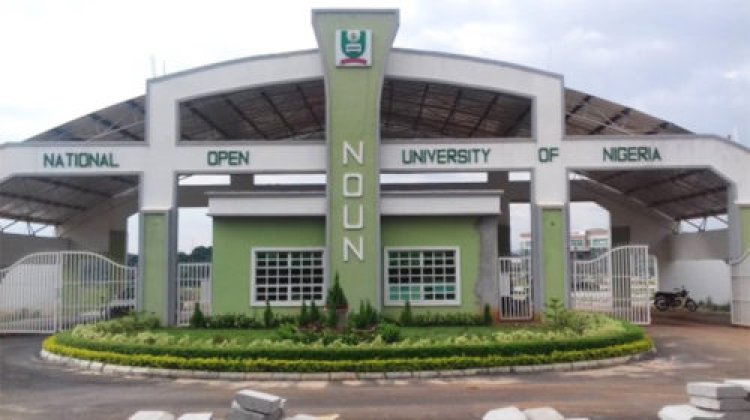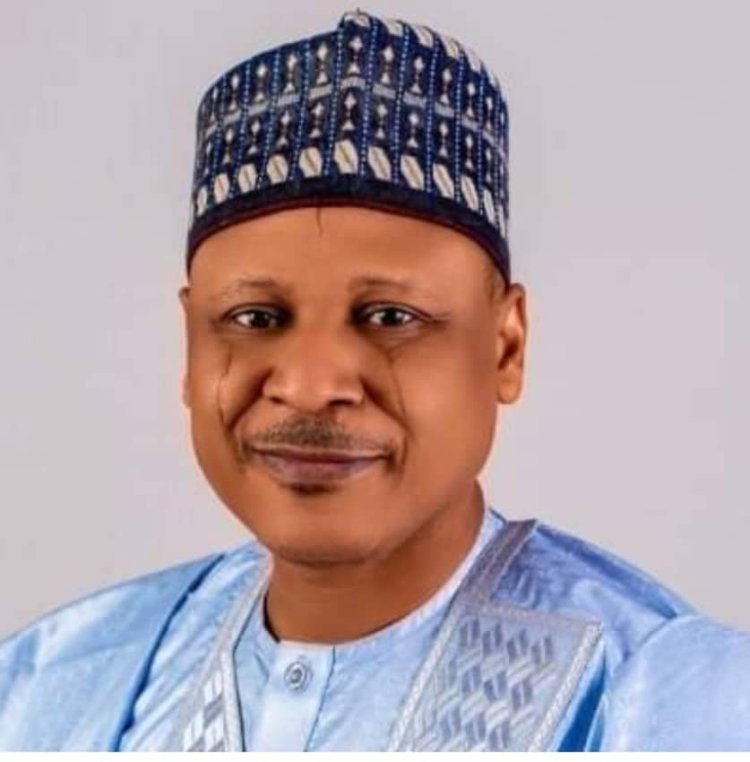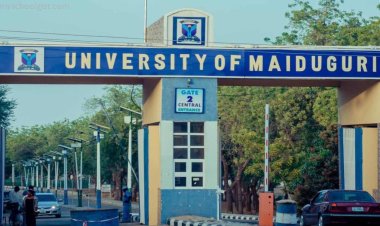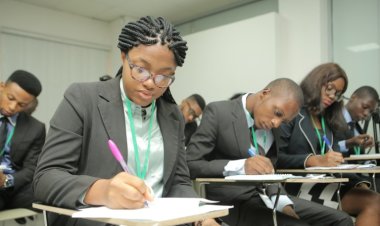Federal Government Calls for Multi-Stakeholder Approach to Tackle Social Media Misinformation
The Federal Government has urged for a collaborative effort among stakeholders to address the growing credibility challenges associated with social media content, highlighting its commitment to combating misinformation while supporting innovation in the digital space.

The Federal Government has urged for a collaborative effort among stakeholders to address the growing credibility challenges associated with social media content, highlighting its commitment to combating misinformation while supporting innovation in the digital space.The Minister of Information and National Orientation, Alhaji Mohammed Idris, made this call during a one-day symposium themed "Blogging, AI, and the Credibility of Social Media Content: A Hybrid Resolution Approach," held at the National Open University of Nigeria (NOUN) headquarters in Abuja on Thursday.

The event, organized in partnership with the International Media and Information Literacy Institute, NOUN's Mass Communication Department, the Federal Ministry of Information and National Orientation, and UNESCO, aimed to address concerns about misinformation and the reliability of content on social media platforms, especially in light of emerging technologies like Artificial Intelligence (AI).
Represented by the ministry's Director and Acting Permanent Secretary, Mrs. Comfort Ajiboye, Alhaji Idris reiterated the government's dedication to curbing misinformation while maintaining a balanced approach to safeguarding free speech and ensuring access to factual information. He emphasized the importance of a multi-stakeholder effort, involving government, academia, and the private sector, in tackling credibility issues in the digital space.
The Vice-Chancellor of NOUN, Professor Olufemi Peters, represented by the Deputy Vice-Chancellor (Academics), Prof. Chiedu Mafiana, highlighted the increasing influence of social media on public discourse. He underscored the role of educational institutions in fostering media literacy and the importance of partnerships between academia, government, and international organizations to tackle the challenges posed by misinformation in today’s digital world.
A panel discussion moderated by Dr. Jacob Shagboar Suemo, Head of the Mass Communication Department at Nile University, featured contributions from Mr. Qasim Olalere Akinretin, Deputy Director of Digital Media at Voice of Nigeria (VON); Prof. Abiodun Adeniyi, Dean of Postgraduate Studies at Baze University; and Malam Abdullahi O. Haruna, a prominent blogger and social media enthusiast. The panelists shared insights on how blogging and AI are reshaping content creation, dissemination, and credibility online.
Key topics discussed included the ethical responsibilities of content creators, the potential impact of AI in news production and distribution, and the need for policies that foster transparency and accountability on digital platforms.
The symposium concluded with a call for enhanced stakeholder engagement to regulate and improve the quality of social media content, especially through the strategic use of AI to mitigate the spread of misinformation. Attendees included media professionals, government officials, students, and representatives from international organizations, all of whom reiterated the need for responsible media practices in the digital age.

 UBA CHIDINMA
UBA CHIDINMA 



